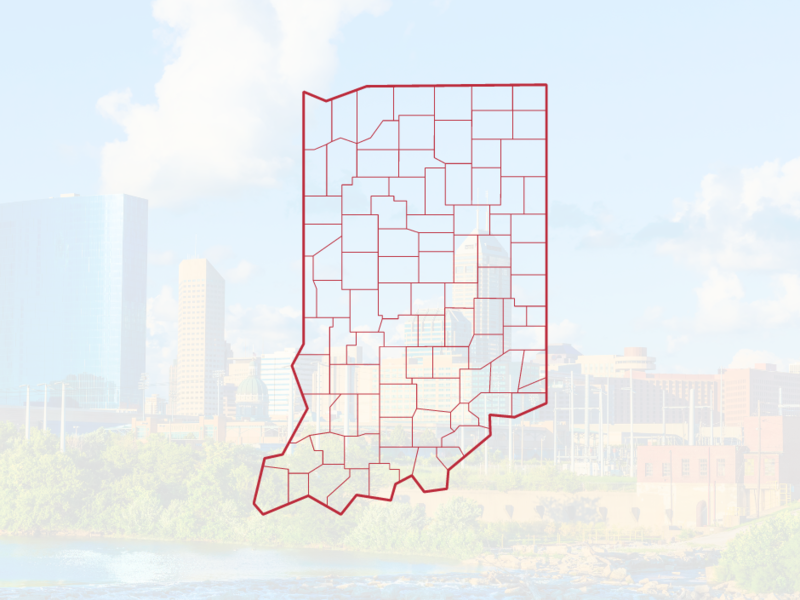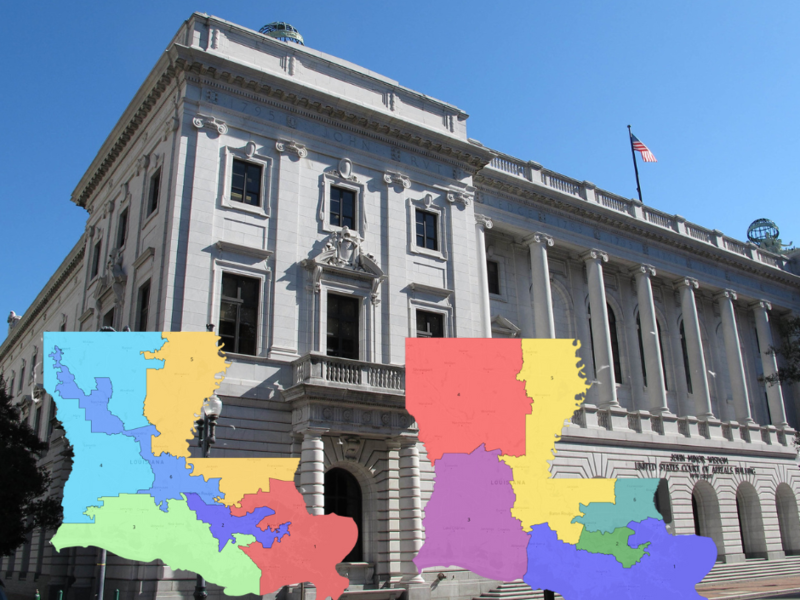
Imagine for a moment that Republicans control the Congress, the American economy is booming, the federal budget is balanced for the first time in 30 years, and the GOP has not made any noteworthy policy missteps in Washington. Let's also assume that they outspend Democrats by a fairly wide margin in the congressional elections.
Now imagine that under these circumstances, Republicans manage to become the first party since 1934 and only the second since the Civil War to lose seats in the House in a midterm election when their party is not holding the White House. That for the first time since 1822, the party that controls the White House actually gains House seats in a second-term, midterm election. That Republicans only break even in the Senate. That they lose 45 state legislative seats nationwide, compared to the 348-seat gain that is normal for the party not holding the White House in a midterm election year. Imagine that a key Republican bloc — financially well-off voters, those with household incomes of more than $75,000 a year — turns out in









Subscribe Today
Our subscribers have first access to individual race pages for each House, Senate and Governors race, which will include race ratings (each race is rated on a seven-point scale) and a narrative analysis pertaining to that race.